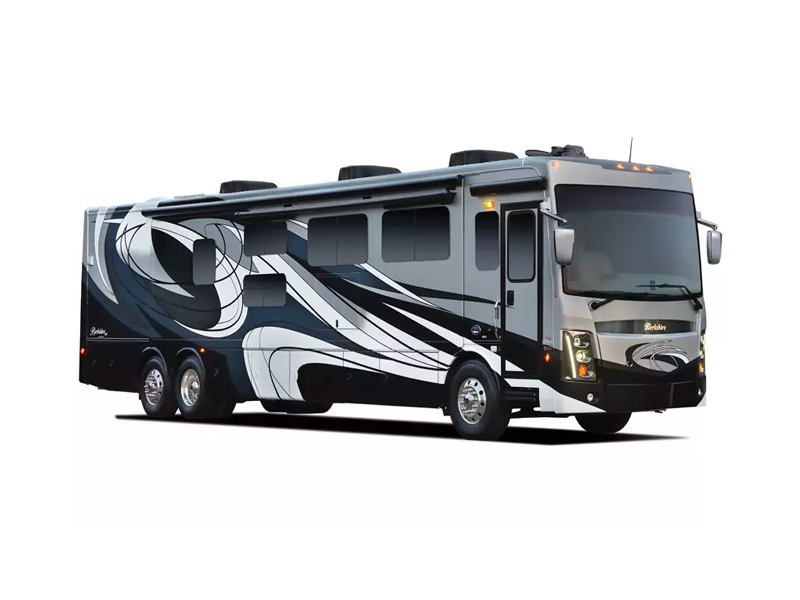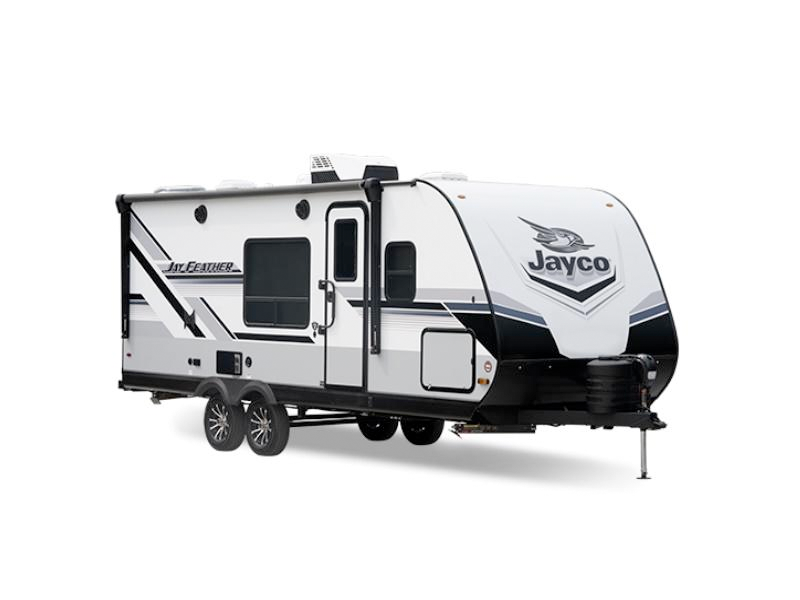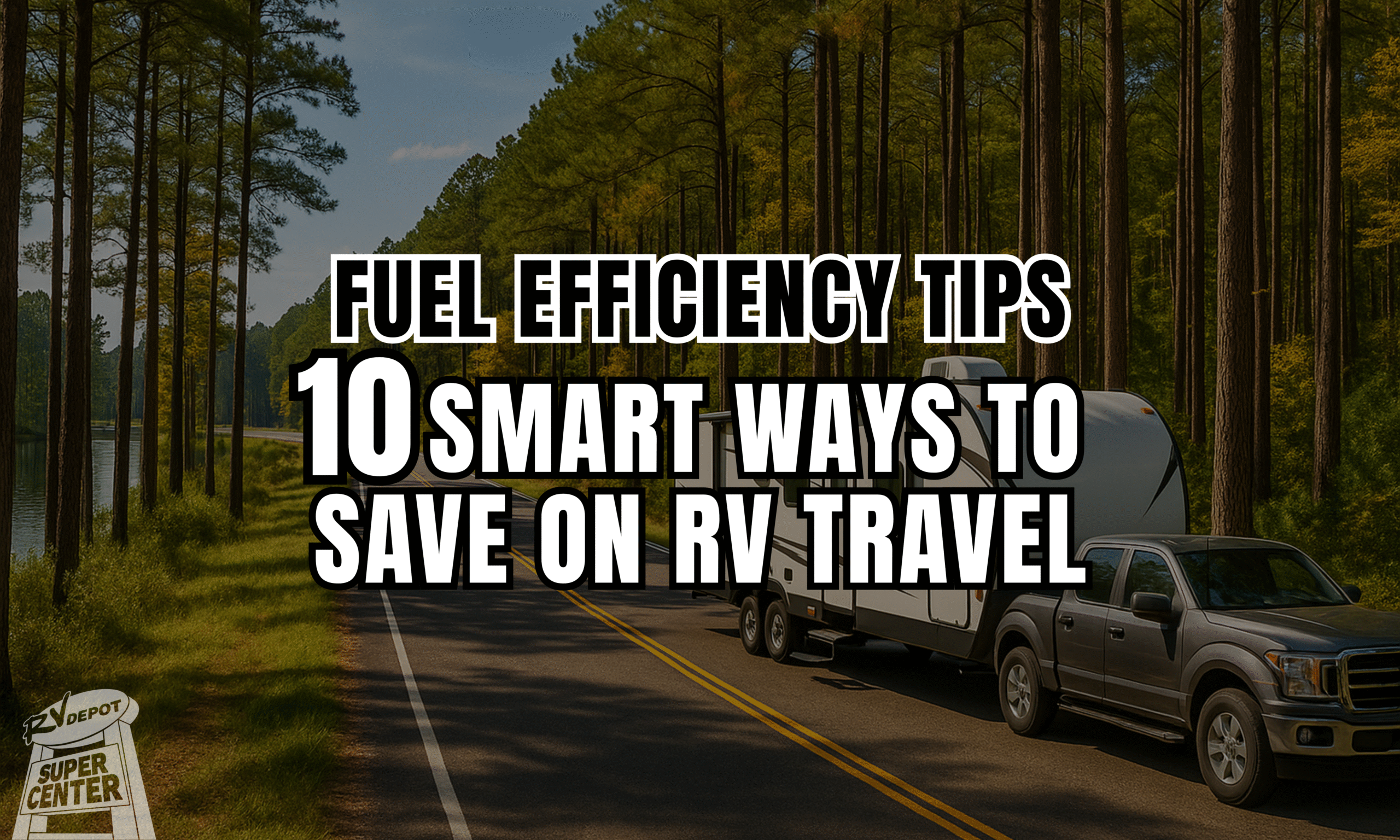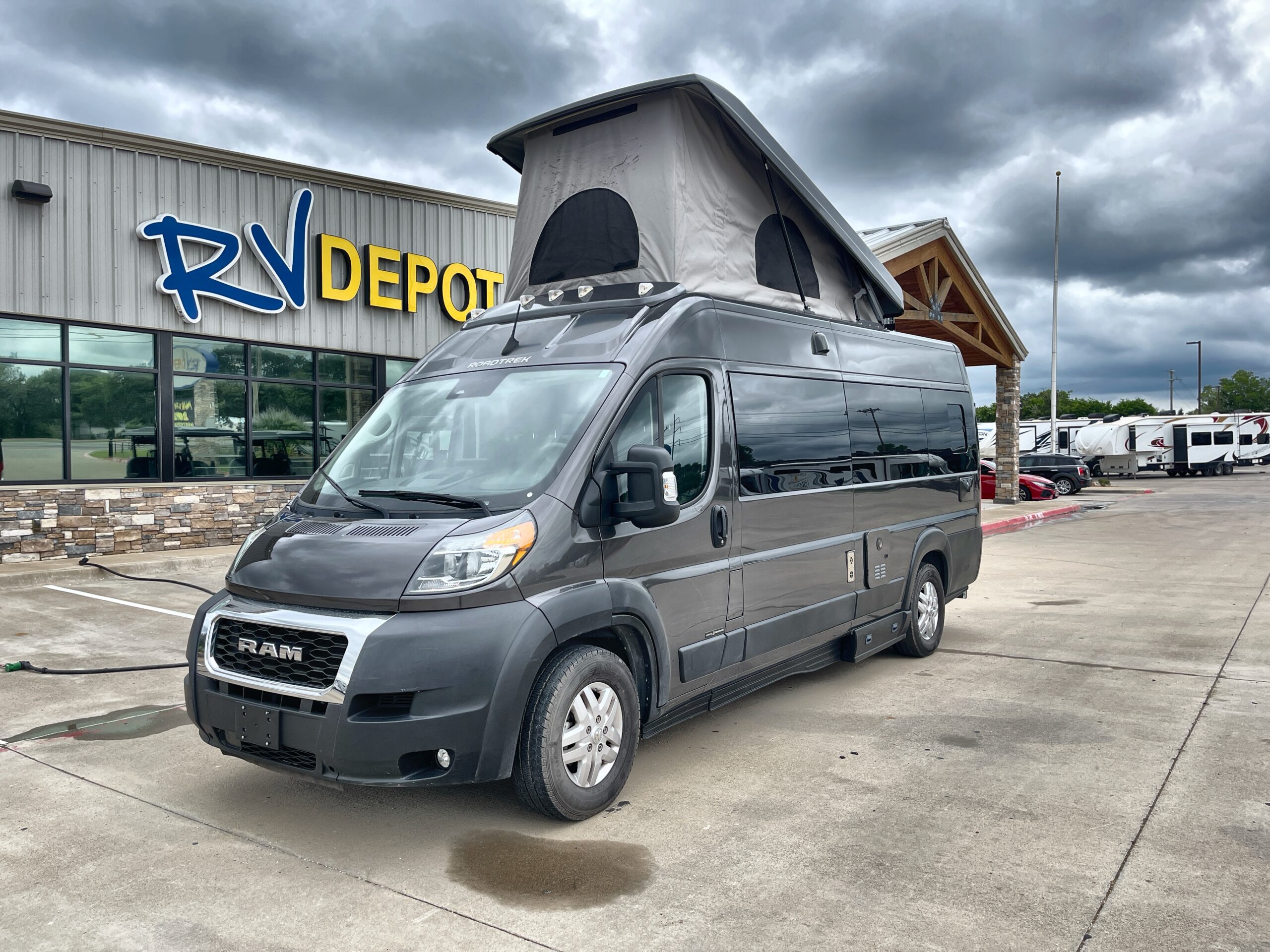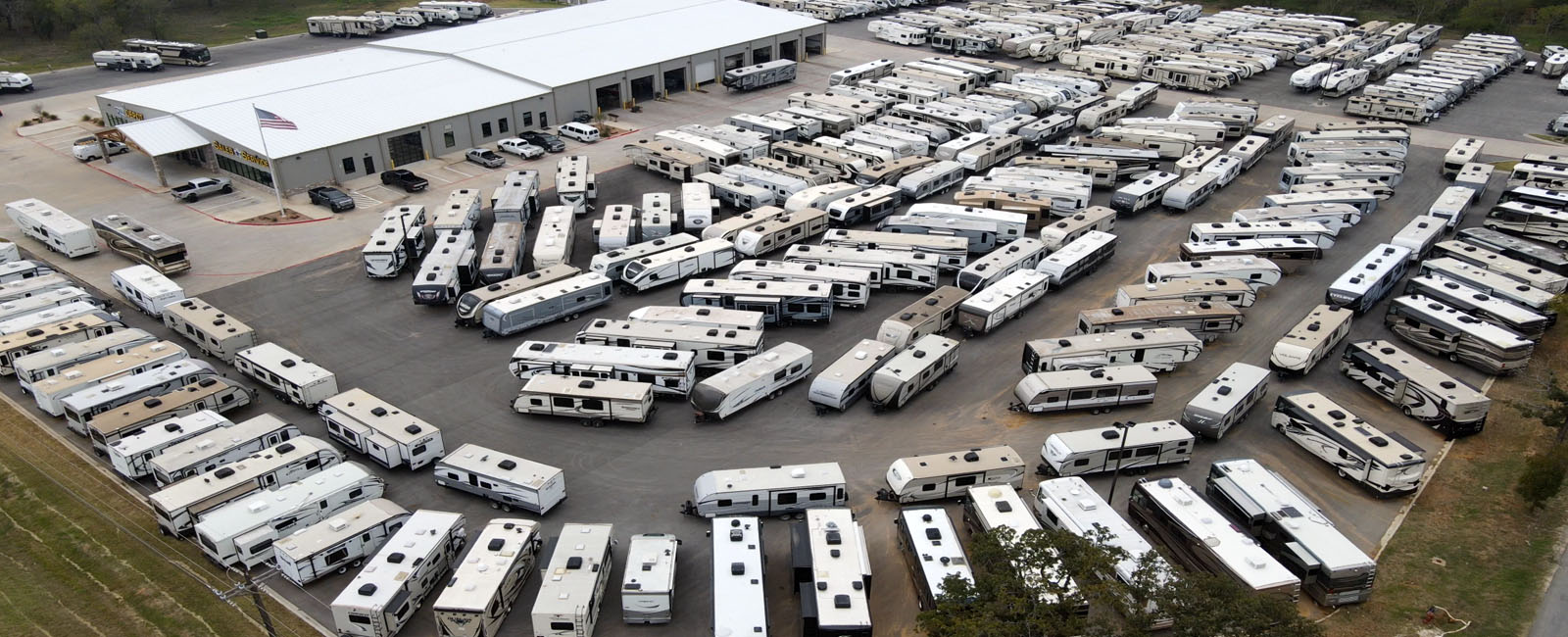With gas prices hovering around $3.50-$4.00 per gallon this summer, fuel efficiency has become the number one concern for RV travelers. Whether you’re hauling a 40-foot diesel pusher getting 7 MPG or towing a travel trailer that drops your truck’s efficiency by half, every extra mile per gallon translates to real money saved.
Exploring the open road in an RV is one of life’s greatest adventures—but let’s face it, fuel costs can stack up fast. The good news? With a few simple changes and long-term strategies, you can significantly improve your RV’s fuel efficiency, making your road trips more affordable and environmentally friendly. Our customers at RV Depot Supercenter regularly report 10-20% improvements in fuel economy just by implementing these proven strategies.
Whether you’re a full-timer budgeting for constant travel or a weekend warrior trying to maximize vacation funds, these expert-backed tips will help you maximize your mileage—and your travel budget.
🔧 1. Maintain Proper Tire Pressure
Underinflated tires are the silent fuel efficiency killer that costs RVers hundreds of dollars annually. Every 1 PSI drop in pressure can reduce fuel economy by 0.2%. For an RV with six tires, being 10 PSI low means you’re losing over 10% efficiency.
Why Tire Pressure Matters So Much
- Rolling resistance increases exponentially with low pressure
- Heat buildup from underinflation causes additional drag
- Uneven wear creates surface irregularities that hurt efficiency
Pro Tips for Maximum Fuel Efficiency:
- Check tire pressure when cold before every trip (heat increases PSI readings)
- Invest in a TPMS system ($200-400) that monitors all tires in real-time
- Use a quality gauge (digital preferred) for accuracy
- Check the spare tire too—emergency changes affect fuel efficiency
- Adjust for load: Heavier loads require higher PSI within manufacturer limits
🧹 2. Lighten Your Load to Boost Fuel Efficiency
Every 100 pounds of weight reduces fuel efficiency by approximately 1-2%. For a typical RV carrying 1,000 pounds of unnecessary items, that’s a 10-20% fuel penalty.
Smart Load Strategies for Better Fuel Efficiency:
Water Weight Management:
- Fresh water weighs 8.34 lbs/gallon
- Travel with 1/4 tank unless boondocking
- Empty gray/black tanks before traveling
- Potential savings: 200-400 pounds
Decluttering for Efficiency:
- Remove duplicate tools and equipment
- Limit canned goods and heavy food items
- Store seasonal items at home
- Use lightweight camping gear
Weight Distribution Impact:
- Proper distribution improves handling AND fuel efficiency
- Use a CAT scale to verify weight balance
- Adjust load to manufacturer specifications
⚙️ 3. Master Fuel-Efficient Driving Techniques
Your driving habits have the single biggest impact on fuel efficiency—potentially improving or destroying your MPG by 30% or more.
Save Fuel With These Proven Habits:
Speed Management:
- 55 MPH is the sweet spot for most RVs
- Every 5 MPH over 55 costs approximately 7% more fuel
- Use cruise control on flat terrain
- Disable cruise on hills (manual control is more efficient)
Acceleration and Braking:
- Accelerate gradually—pretend there’s an egg under the pedal
- Coast to stops when possible
- Maintain 3-second following distance to avoid brake/accelerate cycles
- Use engine braking on downgrades
Wind Resistance Strategies:
- Travel early morning when winds are typically calmer
- Check wind forecasts and plan accordingly
- Consider waiting out severe headwinds
- Draft behind trucks safely (maintain proper distance)
🗺️ 4. Plan Routes for Maximum Fuel Efficiency
Strategic route planning can improve fuel efficiency by 15-25% without adding significant time to your journey.
Optimize Your Routes With:
Technology Tools:
- RV Life GPS accounts for RV height/weight restrictions
- GasBuddy finds cheapest fuel along your route
- Waze provides real-time traffic avoidance
- Google Earth previews elevation changes
Terrain Considerations:
- Avoid mountain passes when alternatives exist
- Choose interstate highways over stop-and-go local roads
- Plan fuel stops at lower elevations (better prices and efficiency)
- Consider slightly longer routes if they avoid major climbs
Timing Strategies:
- Avoid rush hour in major cities
- Travel Tuesday-Thursday for less traffic
- Plan overnight stops to avoid congested areas
🛠️ 5. Maintain Your RV for Peak Fuel Efficiency
A well-maintained engine can improve fuel efficiency by up to 20% compared to neglected systems.
Critical Maintenance for Fuel Efficiency:
Engine Care:
- Oil changes: Use manufacturer-recommended grade
- Air filters: Replace every 12,000 miles (check monthly)
- Spark plugs: Replace per schedule (often 30,000-60,000 miles)
- Fuel injector cleaning: Annual professional service
Drivetrain Maintenance:
- Transmission service at recommended intervals
- Differential fluid changes (often overlooked)
- U-joint lubrication for towables
- Brake drag inspection (sticking brakes kill efficiency)
Cooling System Impact:
- Clean radiator fins seasonally
- Ensure proper coolant mixture
- Check belts and hoses regularly
- Monitor temperature gauge for changes
🌬️ 6. Add Fuel-Saving Accessories That Actually Work
Not all fuel efficiency accessories deliver on their promises, but these proven additions can make measurable improvements:
Top Fuel Efficiency Upgrades:
Aerodynamic Improvements:
- Wind deflectors for trailers: 5-10% improvement ($300-800)
- Aero wheel covers: 2-3% improvement ($200-400)
- RV skirts for full-timers: 3-5% improvement ($500-1500)
- Vortex generators: 1-2% improvement ($200-400)
Tire Upgrades:
- Low rolling resistance tires: 3-4% improvement
- Cost: $200-400 per tire
- Best for highway travelers
- Consider when current tires need replacement
Engine Modifications:
- Cold air intakes: 1-3% improvement ($200-500)
- Performance exhaust: 2-4% improvement ($500-2000)
- ECU tuning: 5-10% improvement (diesel only, $500-1500)
🌞 7. Optimize Energy Usage for Better Fuel Efficiency
Running your RV’s systems efficiently reduces generator use and engine load, improving overall fuel efficiency.
Energy-Saving Strategies:
Solar Power Benefits:
- Reduces generator runtime by 50-90%
- 400W system can save 1-2 gallons daily
- ROI typically 2-3 years for frequent travelers
- Keeps batteries topped without engine idling
Climate Control Efficiency:
- Park in shade when possible
- Use awnings to reduce solar heat gain
- Upgrade to LED lights (90% less power)
- Install day/night shades for insulation
Appliance Management:
- Run refrigerator on propane while driving
- Use battery power for small devices
- Limit microwave use (high power draw)
- Charge devices while driving
🧳 8. Pack Strategically for Optimal Fuel Efficiency
How and where you pack affects both weight and aerodynamics, impacting fuel efficiency significantly.
Packing for Efficiency:
Interior Organization:
- Use lightweight storage bins (plastic vs wood)
- Collapsible items save space and weight
- Place heavy items low and centered
- Secure everything to prevent shifting
Exterior Considerations:
- Avoid roof cargo (major wind resistance)
- Use hitch cargo carriers sparingly
- Remove bike racks when not in use
- Keep exterior accessories to minimum
Weight Tracking:
- Weigh your RV quarterly
- Keep a running inventory list
- Know your cargo carrying capacity
- Stay 10% under maximum ratings
⛽ 9. Track and Analyze Your Fuel Efficiency
You can’t improve what you don’t measure. Tracking fuel efficiency helps identify problems and validate improvements.
Essential Tracking Tools:
Digital Solutions:
- Fuelly app: Track MPG, costs, maintenance
- RV Trip Wizard: Comprehensive trip logging
- GasBuddy: Price tracking and trends
- Drivvo: Detailed vehicle analytics
What to Track:
- Miles driven per tank
- Gallons used (to the decimal)
- Driving conditions (weather, terrain)
- Average speed for each tank
- Any changes or modifications
Analysis Tips:
- Look for patterns over time
- Compare similar routes/conditions
- Note seasonal variations
- Track impact of modifications
🚦 10. Consider Upgrading to a More Fuel-Efficient RV
If your current rig is older or not optimized for modern fuel efficiency, upgrading can provide dramatic savings.
When to Consider Upgrading:
Financial Analysis:
- Calculate annual fuel costs
- Compare to potential savings
- Factor in trade-in value
- Consider financing costs
Fuel-Efficient Options to Explore:
| RV Category | Best Fuel-Efficient Models | Expected MPG |
|---|---|---|
| Small Motorhome | Winnebago View, Thor Axis | 16-20 MPG |
| Travel Trailer | Airstream Basecamp, Lance 1575 | Minimal tow impact |
| Class B Van | Roadtrek, Pleasure-Way | 18-22 MPG |
| Hybrid RV | Winnebago eRV2 | 20+ MPG equivalent |
🛠️How RV Depot Supercenter Helps You
At RV Depot Supercenter, we understand that fuel efficiency directly impacts how far your adventures can take you. With over 400 RVs in our inventory, our knowledgeable staff helps match you with models designed for better MPG and your specific travel style.
Why RV Depot Supercenter for Fuel-Efficient RVs:
✅ Massive Selection: Over 400 RVs means more fuel-efficient options to compare side-by-side ✅ Expert Knowledge: Our staff knows the real-world MPG of every model we carry ✅ Comparison Shopping: See lightweight travel trailers next to Class B vans to find your perfect match ✅ Upgrade Expertise: We’ll show you which models come with efficiency features already installed ✅ Test Drive Options: Experience different motorhome classes to feel the efficiency difference
What Sets Our Supercenter Apart:
Variety of Efficient Models:
- Aerodynamic travel trailers that barely impact tow vehicle MPG
- Class B motorhomes achieving 20+ MPG
- Lightweight fifth wheels under 7,000 lbs
- Modern diesel pushers with advanced fuel management
- Hybrid-ready models for future efficiency
Knowledgeable Staff Who Understand Your Priorities:
- Real-world MPG data, not just manufacturer claims
- Towing capacity matching for optimal efficiency
- Route-specific recommendations based on your travel plans
- Honest comparisons between gas and diesel options
- Tips specific to each model’s efficiency features
🌟 Start Your Fuel-Smart RV Adventure Today
Improving your RV’s fuel efficiency starts with choosing the right RV. At RV Depot Supercenter, our massive inventory and expert team make it easy to compare options and find the perfect balance of comfort, capability, and fuel economy.
Your Next Steps:
- Visit our Supercenter to see 400+ RVs in person
- Talk with our efficiency experts about your travel plans
- Compare models side-by-side for real-world MPG differences
- Get personalized recommendations based on your routes and lifestyle
🚐 Visit RV Depot Supercenter in Cleburne, TX where selection meets expertise. With 400+ RVs and a team that understands every aspect of fuel efficiency, we’ll help you find the perfect RV that goes further on every tank. 📍 4319 N. Main St, Cleburne, TX 76033 📞 (817) 221-0660 When it comes to fuel efficiency, the right RV makes all the difference. Let our Supercenter team show you options that maximize your adventures while minimizing fuel costs.
Questions about fuel efficiency for a specific RV model? Our Supercenter staff has real-world data and owner feedback on every unit. Stop by and let’s talk MPG!


